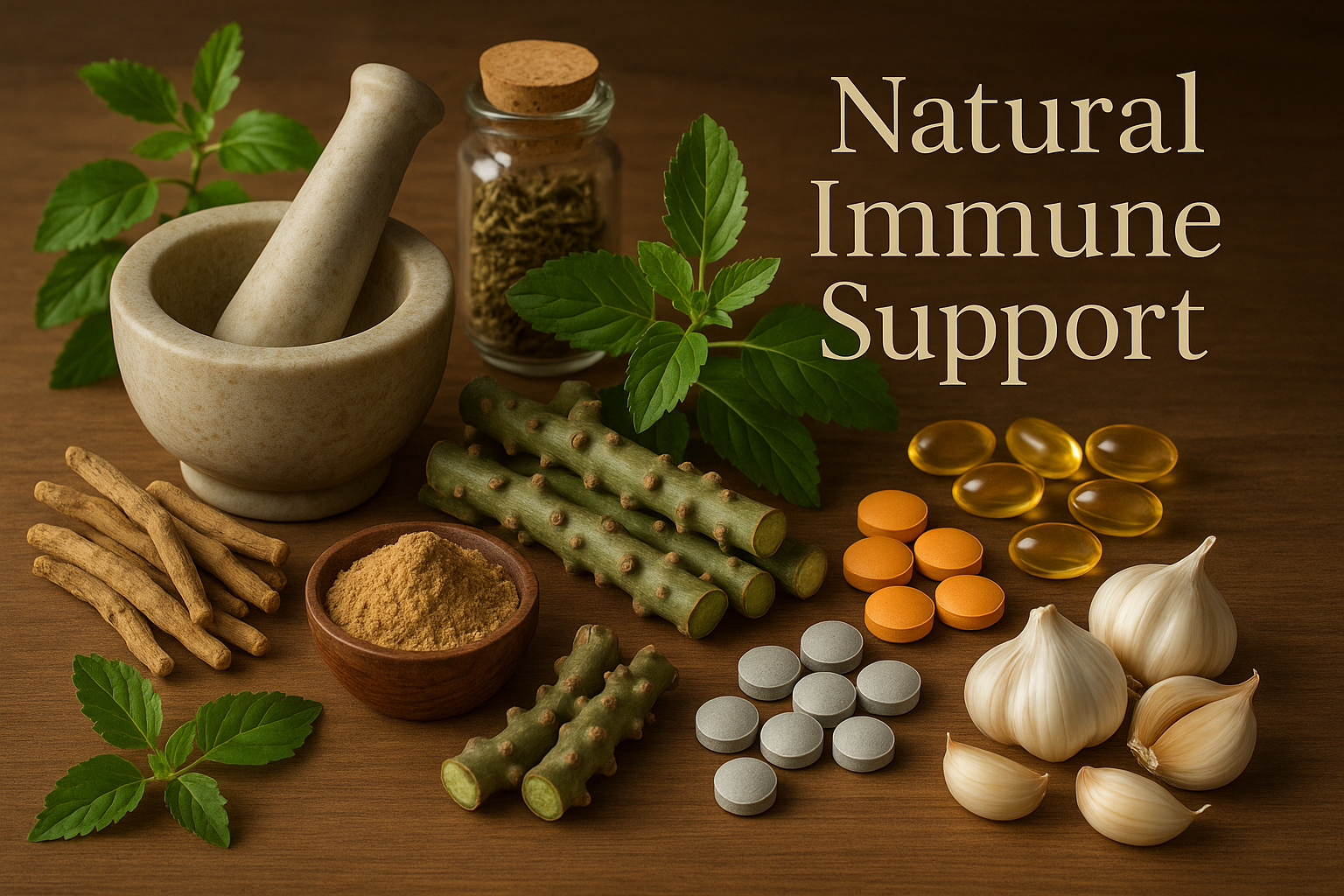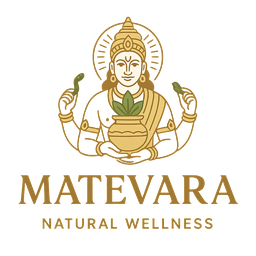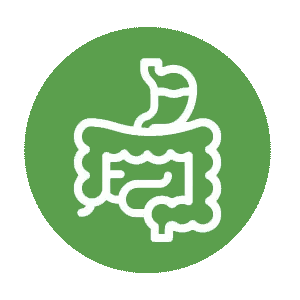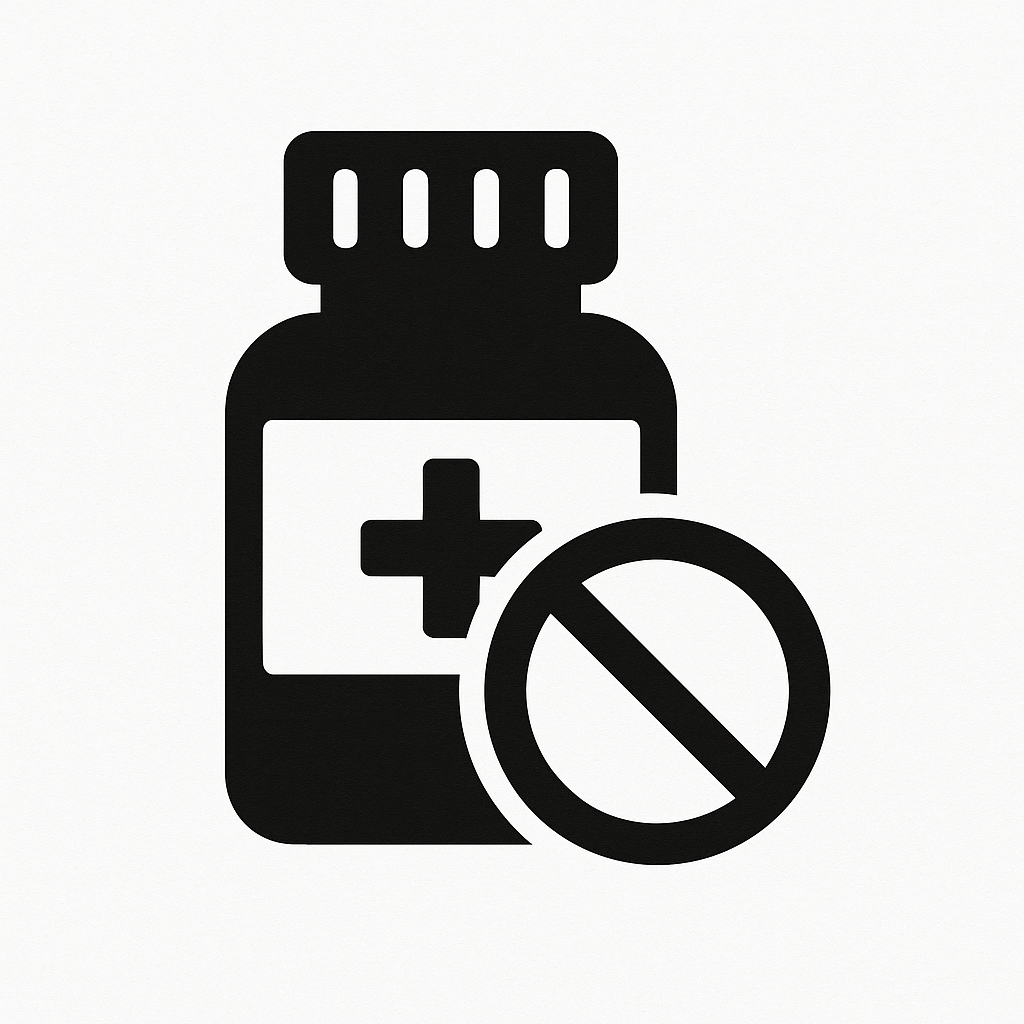
7 Best Natural Immunity Supplements to Boost Your Health
The Foundation of Health: A Strong Immune System
Your immune system is your body's most sophisticated defense mechanism—a complex network of cells, tissues, and organs working tirelessly to protect you from pathogens, toxins, and disease. In today's world, where we face constant challenges from environmental stressors, processed foods, inadequate sleep, and exposure to countless microorganisms, supporting immune function has never been more critical.
While no supplement can replace a healthy lifestyle, certain natural compounds have demonstrated remarkable abilities to strengthen immune responses, reduce inflammation, and enhance the body's resilience against illness. These immunity boosters work through various mechanisms—some by directly enhancing immune cell function, others by reducing oxidative stress, and still others by modulating inflammatory responses to maintain optimal balance.
This comprehensive guide explores seven of the most effective natural immunity supplements, examining the science behind their benefits, optimal usage, and how they work synergistically to support your body's defenses. Whether you're looking to prevent seasonal illnesses, recover from frequent infections, or simply optimize your overall health, these evidence-based supplements offer powerful support for immune wellness.
1. Ashwagandha: The Adaptogenic Immune Modulator
Ashwagandha (Withania somnifera), known as "Indian Ginseng" in traditional Ayurvedic medicine, stands as one of the most revered herbs for building resilience and strengthening immunity. Classified as an adaptogen, Ashwagandha helps the body adapt to physical and emotional stress—a crucial factor in immune health, as chronic stress significantly suppresses immune function.
The Science Behind Ashwagandha's Immune Benefits
Research published in the Journal of Ethnopharmacology demonstrates that Ashwagandha enhances both innate and adaptive immunity. The herb contains powerful compounds called withanolides, which have been shown to increase the activity of natural killer (NK) cells—specialized immune cells that identify and destroy virus-infected cells and tumor cells.
A clinical study in the International Immunopharmacology journal found that participants taking Ashwagandha extract showed significant increases in immunoglobulin levels, white blood cell counts, and other immune markers compared to placebo groups. The herb's ability to reduce cortisol—the stress hormone that suppresses immune function when chronically elevated—provides an indirect but powerful immune-boosting effect.
Additionally, Ashwagandha possesses remarkable anti-inflammatory and antioxidant properties. By neutralizing free radicals and reducing inflammatory cytokines, it creates an internal environment more conducive to optimal immune function.
Optimal Usage
Standard dosing ranges from 300-500mg of standardized extract (containing at least 5% withanolides) taken twice daily. Ashwagandha is generally well-tolerated and can be taken long-term for sustained immune support. Effects typically become noticeable within 2-4 weeks of consistent use.
2. Giloy (Guduchi): The Divine Immunity Enhancer
Giloy (Tinospora cordifolia), also known as Guduchi or "Amrita" (divine nectar), holds sacred status in Ayurvedic medicine as one of the most powerful immune-enhancing herbs. For centuries, practitioners have prescribed Giloy for recurrent infections, fever, and general immune weakness.
Evidence for Giloy's Immune-Boosting Properties
Modern research confirms what traditional healers have known for millennia. A study published in the Journal of Ethnopharmacology demonstrated that Giloy extract significantly enhanced macrophage function—these are immune cells that engulf and destroy pathogens, dead cells, and cellular debris.
Research in Phytotherapy Research revealed that Giloy possesses potent immunostimulatory effects by increasing antibody production and enhancing the activity of both B-cells and T-cells, which are crucial components of adaptive immunity. The herb's ability to modulate immune responses makes it particularly valuable for preventing the immune system from becoming either underactive (increasing infection susceptibility) or overactive (leading to inflammatory conditions).
Giloy also demonstrates impressive antipyretic (fever-reducing) properties and has shown efficacy against various pathogens, including bacteria, viruses, and parasites. Its antioxidant compounds protect immune cells from oxidative damage, ensuring they function optimally.
Optimal Usage
Giloy can be consumed as a powder (1-3 grams daily), juice (2-3 tablespoons of fresh stem juice), or standardized extract (300-500mg daily). For acute infections or during high-risk periods, dosing can be increased under guidance from a healthcare practitioner. Giloy is particularly effective when taken preventively during seasonal transitions.
3. Tulsi (Holy Basil): The Adaptogenic Antimicrobial
Tulsi (Ocimum sanctum), revered as "The Queen of Herbs" in India, offers comprehensive immune support through its unique combination of adaptogenic, antimicrobial, and anti-inflammatory properties. Every part of the Tulsi plant—leaves, stems, and seeds—contains therapeutic compounds that support immune resilience.
The Research Supporting Tulsi's Immune Benefits
Studies published in Evidence-Based Complementary and Alternative Medicine demonstrate that Tulsi enhances immune function through multiple pathways. The herb contains compounds like eugenol, rosmarinic acid, and ursolic acid, which possess direct antimicrobial activity against numerous pathogens while simultaneously supporting immune cell function.
Research shows that Tulsi increases the production of interferon and interleukin—signaling molecules that coordinate immune responses. A clinical trial found that participants consuming Tulsi leaf extract showed significantly enhanced NK cell activity and T-helper cell function within just four weeks.
Tulsi's adaptogenic properties help maintain immune balance during periods of stress. By regulating cortisol levels and supporting healthy stress responses, Tulsi prevents the immune suppression typically associated with chronic stress. Additionally, its powerful antioxidant activity protects immune cells from oxidative damage, ensuring they remain functional and responsive.
Optimal Usage
Tulsi can be consumed as tea (2-3 cups daily of fresh or dried leaves), tincture (30-60 drops three times daily), or capsules containing 300-600mg of standardized extract twice daily. Fresh Tulsi leaves can also be chewed (4-5 leaves) each morning on an empty stomach, a traditional practice for building immunity.
4. Vitamin C: The Essential Immune Nutrient
Vitamin C (ascorbic acid) stands as perhaps the most well-known immune-supporting nutrient, and for good reason. This water-soluble vitamin plays critical roles in numerous immune functions and must be obtained through diet or supplementation, as humans cannot synthesize it.
The Science of Vitamin C and Immunity
Extensive research, including meta-analyses published in Nutrients and the Cochrane Database of Systematic Reviews, confirms that Vitamin C supports immune function through multiple mechanisms. It accumulates in high concentrations in immune cells, particularly neutrophils and lymphocytes, where it supports their ability to migrate to infection sites and destroy pathogens.
Vitamin C is essential for the production and function of white blood cells, enhances the skin's barrier function, and acts as a powerful antioxidant, protecting immune cells from oxidative damage during immune responses. Studies show that Vitamin C deficiency impairs immunity and increases susceptibility to infections.
Research indicates that regular Vitamin C supplementation may reduce the duration and severity of common colds, particularly in people under physical stress. While it may not prevent colds in the general population, it appears to reduce cold duration by approximately 8% in adults and 14% in children.
Vitamin C also supports the production of collagen, maintaining the integrity of physical barriers like skin and mucous membranes that prevent pathogen entry. Additionally, it regenerates other antioxidants like Vitamin E, amplifying overall antioxidant protection.
Optimal Usage
Daily doses of 500-1000mg are generally recommended for immune support, though some practitioners suggest higher doses (up to 2000mg daily in divided doses) during illness or high-risk periods. Vitamin C is water-soluble and excess amounts are excreted, making toxicity rare. However, very high doses may cause digestive discomfort in some individuals. Taking Vitamin C with food can enhance absorption and minimize gastrointestinal effects.
5. Vitamin D: The Immune-Regulating Hormone
Often called the "sunshine vitamin," Vitamin D is technically a hormone that plays profound roles in immune regulation. Deficiency of this crucial nutrient is widespread, particularly in regions with limited sunlight, and has been linked to increased susceptibility to infections and autoimmune conditions.
Evidence for Vitamin D's Immune Functions
Research published in Immunology Reviews and the Journal of Investigative Medicine demonstrates that Vitamin D receptors are present on most immune cells, including T-cells, B-cells, and antigen-presenting cells. This indicates direct immune regulatory functions beyond Vitamin D's well-known role in bone health.
Vitamin D enhances the production of antimicrobial peptides—natural antibiotics produced by immune cells that directly destroy bacteria, fungi, and viruses. It also modulates both innate and adaptive immune responses, helping prevent overactive immune responses that lead to inflammation and autoimmunity.
A landmark meta-analysis in the British Medical Journal, analyzing data from over 11,000 participants across 25 clinical trials, found that Vitamin D supplementation reduced the risk of acute respiratory infections, with the most significant benefits observed in individuals who were deficient at baseline. Those taking daily or weekly Vitamin D supplements experienced approximately 12% fewer respiratory infections.
Vitamin D deficiency has been associated with increased susceptibility to various infections, including influenza, tuberculosis, and respiratory infections. Maintaining optimal levels—generally considered to be blood levels of 30-50 ng/mL—appears crucial for robust immune function.
Optimal Usage
Dosing depends on baseline Vitamin D status, which can be determined through blood testing (25-hydroxyvitamin D levels). General recommendations range from 1000-4000 IU daily, with higher doses sometimes prescribed for individuals with significant deficiency. Vitamin D is fat-soluble and better absorbed when taken with meals containing fat. Regular monitoring of blood levels ensures adequate supplementation without excess.
6. Zinc: The Immune Cell Catalyst
Zinc is an essential trace mineral involved in nearly every aspect of immune function. Even marginal zinc deficiency, which is more common than severe deficiency, can significantly impair immune responses and increase infection risk.
The Research on Zinc and Immunity
Studies published in Molecular Medicine and the American Journal of Clinical Nutrition demonstrate that zinc is crucial for the development and function of innate immune cells like neutrophils and NK cells. It's also essential for T-cell development and function, antibody production by B-cells, and the maintenance of skin and mucosal membrane integrity.
Zinc possesses direct antiviral properties. Research shows that zinc ions can inhibit viral replication by interfering with viral protein synthesis and RNA polymerase activity. This is one reason zinc lozenges have been studied for reducing cold duration—the zinc works locally in the throat where many cold viruses initially replicate.
A meta-analysis in Open Forum Infectious Diseases found that zinc supplementation reduced the duration of common colds by approximately 33% when taken within 24 hours of symptom onset. Other research indicates that zinc supplementation reduces the incidence of pneumonia and diarrheal infections, particularly in children and elderly individuals.
Zinc also functions as an antioxidant and anti-inflammatory agent, protecting immune cells from oxidative damage and helping resolve inflammatory responses after infections are cleared.
Optimal Usage
For immune support, 15-30mg of elemental zinc daily is generally recommended, with therapeutic doses of 50-100mg daily sometimes used short-term during acute illnesses. Zinc should be taken with food to minimize gastrointestinal discomfort. Prolonged high-dose zinc supplementation (over 50mg daily for extended periods) can interfere with copper absorption, so balanced supplementation or periodic monitoring may be advisable. Zinc lozenges (13-23mg per lozenge, dissolved slowly in the mouth every 2-3 hours) can be used at the first sign of cold symptoms.
7. Garlic: The Antimicrobial Immune Ally
Garlic (Allium sativum) has been used medicinally for thousands of years across numerous cultures. Modern science has validated many of garlic's traditional uses, particularly its immune-enhancing and antimicrobial properties.
Scientific Evidence for Garlic's Immune Benefits
The immune-supporting compounds in garlic, particularly allicin and related sulfur compounds, are released when garlic is crushed or chopped. Research published in the Journal of Immunology Research demonstrates that aged garlic extract enhances immune cell proliferation and function, particularly increasing NK cell and γδ-T cell activity.
A notable clinical trial published in Advances in Therapy found that daily garlic supplementation reduced the number of colds by 63% compared to placebo. When participants did catch colds, those taking garlic recovered faster, with an average duration of 1.5 days compared to 5 days in the placebo group.
Garlic exhibits broad-spectrum antimicrobial activity against bacteria, viruses, fungi, and parasites. Its compounds can penetrate biofilms—protective barriers that some bacteria create to resist immune attack and antibiotics. Garlic also possesses anti-inflammatory and antioxidant properties that support overall immune health.
Research suggests that garlic may enhance vaccine effectiveness by improving immune responses to immunization. It also supports cardiovascular health, which indirectly benefits immunity by ensuring adequate blood flow delivers immune cells throughout the body.
Optimal Usage
Fresh garlic provides the most potent benefits—one to two cloves daily, crushed and allowed to sit for 10 minutes before consumption to maximize allicin formation. For those who find fresh garlic too pungent, aged garlic extract supplements (600-1200mg daily) or standardized garlic powder tablets (equivalent to 1-2 cloves) offer convenient alternatives. Enteric-coated preparations minimize garlic breath and digestive discomfort while preserving beneficial compounds.
Creating Your Personalized Immunity Protocol
While each of these seven supplements offers individual immune benefits, combining them strategically can provide comprehensive immune support. However, more isn't always better—targeted supplementation based on individual needs, health status, and existing deficiencies yields the best results.
Building Your Foundation
Start with the essentials that address common deficiencies:
Vitamin D: Given widespread deficiency, especially in winter months and among people who spend limited time outdoors, Vitamin D supplementation benefits most individuals.
Vitamin C: This water-soluble vitamin requires daily replenishment and provides foundational antioxidant and immune support.
Zinc: Many people consume insufficient zinc through diet alone, making supplementation valuable for immune optimization.
Adding Herbal Support
Once your nutritional foundation is solid, consider adding herbal allies based on your specific needs:
For stress-related immune suppression: Ashwagandha and Tulsi offer powerful adaptogenic support, helping maintain immune function despite life's demands.
For recurrent infections: Giloy's immune-modulating properties make it particularly valuable for people who experience frequent colds, flu, or other infections.
For antimicrobial support: Garlic provides broad-spectrum protection and can be especially beneficial during high-exposure periods or at the first sign of illness.
Timing and Cycling
Some supplements work best when taken consistently long-term (Vitamin D, Vitamin C, zinc at moderate doses), while others may be cycled or used more intensively during high-risk periods. Adaptogenic herbs like Ashwagandha and Tulsi can generally be taken continuously, though some practitioners recommend occasional breaks (such as 5 days on, 2 days off, or 8 weeks on, 1 week off).
During acute illness, therapeutic doses of certain supplements (particularly Vitamin C, zinc, and garlic) can be temporarily increased, then returned to maintenance levels once recovered.
Lifestyle Factors That Amplify Supplement Benefits
No supplement protocol can compensate for lifestyle factors that compromise immunity. These natural supplements work best when combined with:
Quality Sleep: Aim for 7-9 hours nightly, as sleep deprivation significantly impairs immune function and increases infection susceptibility.
Stress Management: Chronic stress suppresses immunity even when taking immune-supporting supplements. Incorporate stress-reduction practices like meditation, yoga, or deep breathing.
Balanced Nutrition: A diet rich in colorful vegetables, fruits, lean proteins, and healthy fats provides the raw materials for immune cell production and function.
Regular Exercise: Moderate physical activity enhances immune surveillance and reduces inflammation, though excessive intense exercise without adequate recovery can temporarily suppress immunity.
Hydration: Adequate water intake supports mucous membrane function—your first line of defense against pathogens.
Social Connection: Research shows that social relationships and community involvement positively influence immune function.
Safety Considerations and Potential Interactions
While these natural immunity supplements are generally safe for most people, certain considerations apply:
Ashwagandha should be avoided during pregnancy and may interact with thyroid medications, immunosuppressants, and sedatives. Those with autoimmune conditions should consult healthcare providers before use.
Giloy is generally safe but should be used cautiously by people with autoimmune conditions or those taking immunosuppressant medications.
Tulsi may lower blood sugar and should be used carefully by diabetics. It may also slow blood clotting, so those taking anticoagulants should exercise caution.
High-dose Vitamin C may cause digestive upset and, rarely, kidney stones in susceptible individuals.
Vitamin D can reach toxic levels if excessively supplemented over time. Monitoring blood levels prevents overconsumption.
Zinc in high doses interferes with copper absorption and can cause nausea. Long-term high-dose use should be avoided without professional guidance.
Garlic has blood-thinning properties and may interact with anticoagulant medications. It should be discontinued before surgical procedures.
Anyone with underlying health conditions, pregnant or nursing women, and those taking medications should consult healthcare providers before starting new supplement regimens.
Investing in Your Immune Health
Your immune system works around the clock to protect you from countless threats. Supporting it with evidence-based natural supplements represents an investment in not just avoiding illness, but in optimizing your overall vitality, energy, and quality of life.
The seven supplements explored in this guide—Ashwagandha, Giloy, Tulsi, Vitamin C, Vitamin D, Zinc, and Garlic—offer comprehensive immune support through complementary mechanisms. From ancient Ayurvedic wisdom to modern nutritional science, these natural allies strengthen your body's defenses and enhance resilience.
Ready to build your personalized immunity protocol? Explore premium quality vitamins and specialized supplements formulated to support optimal immune function at https://matevara.com/collections/vitamins and https://matevara.com/collections/specialty-supplements. These carefully selected products combine purity, potency, and proven efficacy to help you achieve your wellness goals.
Remember, a strong immune system is the foundation of lasting health. By combining strategic supplementation with healthy lifestyle practices, you create the conditions for your body to thrive—defending against illness while supporting the vibrant energy and vitality that make life truly enjoyable.
Disclaimer: The information provided in this article is for educational and informational purposes only and is not intended as medical advice, diagnosis, or treatment. The supplements discussed—Ashwagandha, Giloy (Guduchi), Tulsi (Holy Basil), Vitamin C, Vitamin D, Zinc, and Garlic—are not intended to diagnose, treat, cure, or prevent any disease. While research supports various immune-related benefits of these supplements, individual results vary significantly based on numerous factors including baseline health status, existing deficiencies, genetics, lifestyle factors, and overall diet quality. This article does not constitute professional medical advice and should not replace consultation with qualified healthcare providers. Certain supplements discussed may interact with medications, affect underlying health conditions, or be inappropriate for pregnant or nursing women, children, or individuals with specific medical conditions. Autoimmune conditions, in particular, require careful professional guidance before using immune-modulating supplements. Before starting any supplement regimen, especially if you have existing health conditions, take medications, are pregnant or nursing, or are considering supplements for children, consult with a qualified healthcare professional. The statements made about these supplements have not been evaluated by the Food and Drug Administration. Optimal immune function depends on multiple factors beyond supplementation, including adequate nutrition, sleep, stress management, and overall lifestyle. Always inform all your healthcare providers about supplements you are taking to ensure safe, coordinated care and avoid potential interactions.
Share








